
Understanding the Puppy Vaccination Schedule: An Overview for New Pet Owners
Welcome to the world of puppy vaccinations! As a new pet owner, it’s important to understand the ins and outs of your puppy vaccination schedule. Ensuring your puppy’s health and well-being starts with a proper vaccination plan.
Whether you’re feeling overwhelmed by the thought of vaccines or just looking for some tips to make the process smoother, we’ve got you covered. In this article, we’ll cover everything you need to know about the puppy vaccination schedule, including titer testing, core vs. non-core vaccines, and common side effects.
So sit back, relax, and let’s dive into the world of puppy vaccinations!
The Purpose of Vaccinations for Puppies
Firstly, it’s essential to understand the purpose of vaccinations. In essence, vaccines help puppies develop immunity to various diseases. Vaccinating your puppy is crucial for their overall health and well-being. The puppy vaccination schedule serves as a guideline for responsible pet owners.
- Protects against potentially fatal diseases
- Reduces the spread of contagious illnesses
- Contributes to herd immunity, safeguarding other pets
Types of Vaccines in the Schedule
Next, let’s explore the types of vaccines your puppy may receive. Generally, there are two categories: core and non-core vaccines. Veterinarians recommend core vaccines for every puppy, while non-core vaccines depend on the puppy’s lifestyle and risk factors.
- Core vaccines: Distemper, Parvovirus, Adenovirus, and Rabies
- Non-core vaccines: Bordetella, Leptospirosis, Lyme disease, and Canine Influenza
Following the Recommended Schedule
Adhering to the puppy vaccination schedule is crucial for your pet’s health. Typically, vaccinations begin when puppies are 6-8 weeks old and continue every 3-4 weeks until they reach 16 weeks. Keeping track of the schedule is vital for ensuring optimal protection.
- Initial vaccinations at 6-8 weeks
- Booster shots every 3-4 weeks until 16 weeks old
- Annual or triennial boosters for adult dogs, depending on the vaccine
Monitoring Your Puppy After Vaccination
It’s essential to monitor your puppy after receiving vaccinations. Some puppies may experience mild side effects, but these usually resolve within a few days. Contact your veterinarian if you notice any concerning symptoms.
- Common side effects: mild fever, lethargy, and soreness at the injection site
- Rare but serious side effects: facial swelling, difficulty breathing, or persistent vomiting
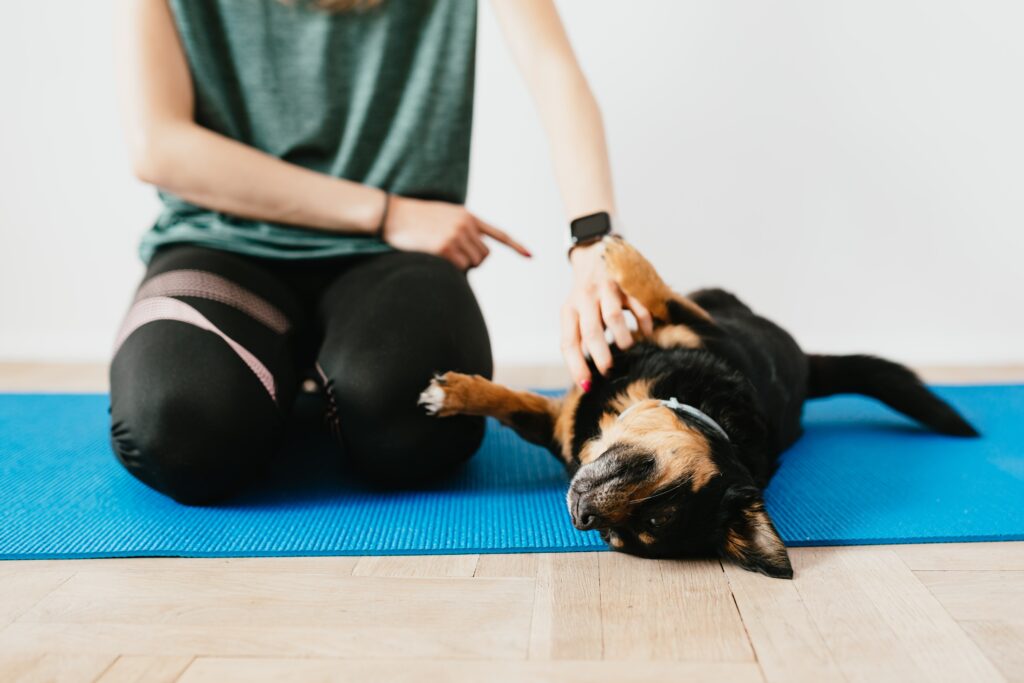
Titer Testing for Personalized Vaccination Plans
Titer testing can help determine your puppy’s immunity levels to specific diseases. This information allows veterinarians to tailor the puppy vaccination schedule according to your pet’s needs, potentially avoiding over-vaccination.
- Measures antibody levels in the blood
- Helps determine the need for additional vaccinations
- Can inform a personalized vaccination schedule for your puppy
Ensuring a Smooth Vaccination Experience
Finally, preparing your puppy for a stress-free vaccination experience is essential. Familiarizing your puppy with the veterinarian’s office and using positive reinforcement can make the process more comfortable for both you and your pet.
- Introduce your puppy to the vet clinic in a positive manner
- Use treats and praise to create a positive association with the experience
- Stay calm and composed to help your puppy feel secure
Keeping Accurate Records of Vaccinations
Maintaining accurate records of your puppy’s vaccinations is essential. This ensures your puppy stays on track with their vaccination schedule and allows you to provide a complete history to your veterinarian or when traveling.
- Record the date and type of each vaccine administered
- Keep a copy of your puppy’s vaccination certificate
- Update your pet’s medical records regularly
Discussing Concerns and Questions with Your Veterinarian
Lastly, never hesitate to discuss any concerns or questions regarding your puppy’s vaccination schedule with your veterinarian. They can provide expert guidance on the best course of action for your pet’s health and well-being.
- Address any concerns about vaccine side effects or reactions
- Discuss alternative vaccination schedules if necessary
- Seek advice on the best way to protect your puppy from diseases
By following the recommended puppy vaccination schedule and staying informed about your pet’s health, you can ensure your furry friend remains protected and enjoys a long, happy life.
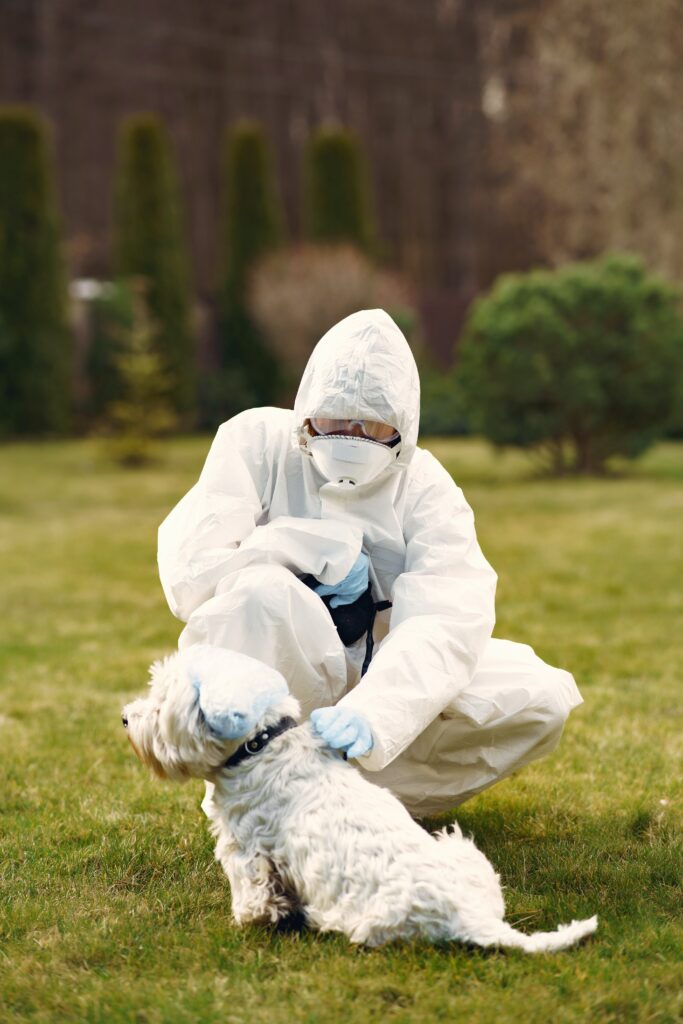
Core vs. Non-Core Vaccines: Decoding Your Puppy’s Vaccination Schedule
Essential Protection for Your Puppy
Core vaccines are crucial for all puppies, regardless of their lifestyle or location. These vaccines protect against severe and potentially fatal diseases. Veterinarians highly recommend them for every puppy.
- Distemper vaccine
- Parvovirus vaccine
- Adenovirus (canine hepatitis) vaccine
- Rabies vaccine
Non-Core Vaccines: Tailored to Your Puppy’s Needs
Non-core vaccines, on the other hand, are not mandatory for all puppies. Instead, these vaccines depend on your pet’s specific risk factors, such as environment and lifestyle.
- Leptospirosis vaccine
- Lyme disease vaccine
- Bordetella (kennel cough) vaccine
- Canine influenza vaccine
Factors Influencing Your Puppy’s Vaccination Schedule
Various factors may influence your puppy’s vaccination schedule, such as age, health, and regional disease prevalence.
- Breed-specific health concerns
- Exposure to other animals
- Regional disease prevalence
Communicating with Your Vet about Vaccination Choices
It’s essential to consult with your veterinarian to determine the most appropriate vaccination schedule for your puppy.
- Discuss your puppy’s lifestyle and risk factors
- Ask about optional vaccines
- Stay informed on new vaccination recommendations
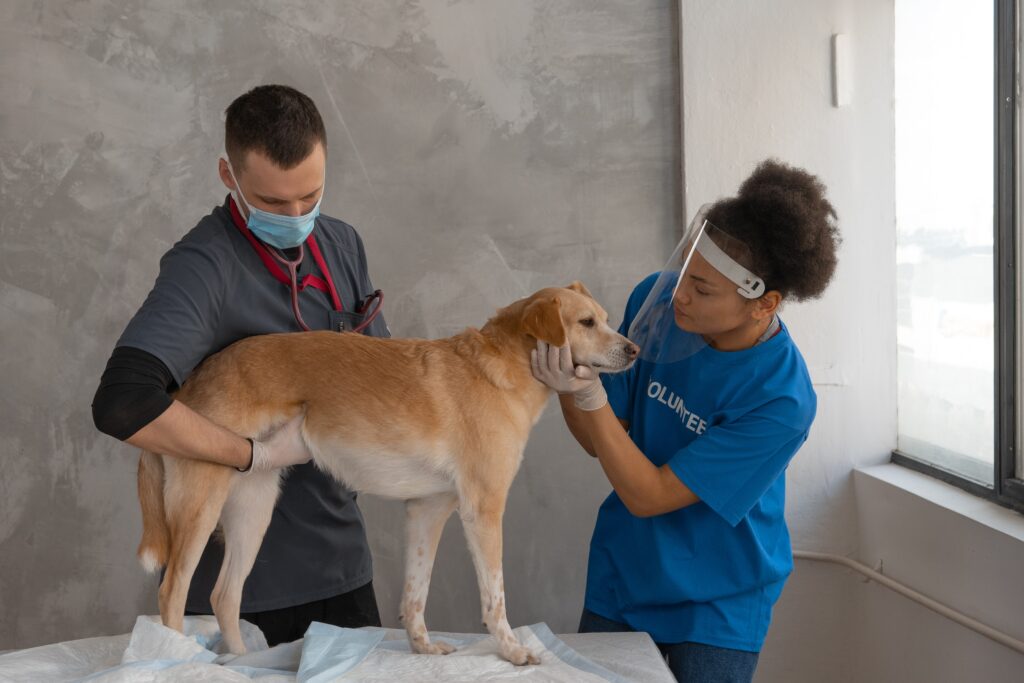
Booster Shots: Maintaining Your Puppy’s Immunity
Booster shots help maintain your puppy’s immunity against diseases after the initial vaccination series.
- Follow your veterinarian’s recommendations for booster shots
- Keep a record of booster shot dates
- Update your puppy’s medical records
Early Detection of Health Issues
Regular veterinary checkups can help detect potential health issues in your puppy before they become severe.
- Monitor your puppy’s growth and development
- Address any behavioral or dietary concerns
- Discuss any changes in your puppy’s health or lifestyle
Adhering to Local Laws and Regulations
Ensure that you adhere to local laws and regulations regarding vaccinations, particularly for rabies.
- Check your local regulations for required vaccines
- Obtain proper documentation for vaccinations
- Keep your puppy’s vaccination records up-to-date
The Role of Responsible Pet Ownership
Responsible pet ownership goes beyond following a vaccination schedule. It involves maintaining your puppy’s overall health and well-being.
- Provide a balanced diet and exercise routine
- Socialize your puppy with other dogs and people
- Ensure proper grooming and dental care
The Lifelong Benefits of a Well-Vaccinated Puppy
A well-vaccinated puppy has a better chance of enjoying a long, healthy life.
- Reduced risk of serious diseases
- Lower veterinary costs for preventable illnesses
- Greater peace of mind for pet owners
By adhering to the recommended vaccination schedule and consulting with your veterinarian, you can help protect your puppy’s health throughout their life. Regular veterinary visits and responsible pet ownership can significantly contribute to your puppy’s well-being, ensuring they live a happy, healthy life.

Timing and Frequency: When to Vaccinate Your Puppy for Optimal Protection
Beginning the Puppy Vaccination Process
Typically, the puppy vaccination process starts when they are around six to eight weeks old.
- First round of vaccinations at 6-8 weeks
- Follow-up doses every 3-4 weeks
- Complete the initial vaccine series by 16-20 weeks
Administering Core Vaccines on Time
Core vaccines are crucial for protecting your puppy from life-threatening diseases.
- Distemper, parvovirus, and adenovirus vaccines
- Administered as a combination vaccine
- Rabies vaccine given between 12-16 weeks
Scheduling Non-Core Vaccines Appropriately
Non-core vaccines depend on your puppy’s lifestyle and risk factors.
- Consult your veterinarian for recommendations
- Vaccines for Bordetella, Lyme disease, and leptospirosis
- Tailor the schedule to your puppy’s needs
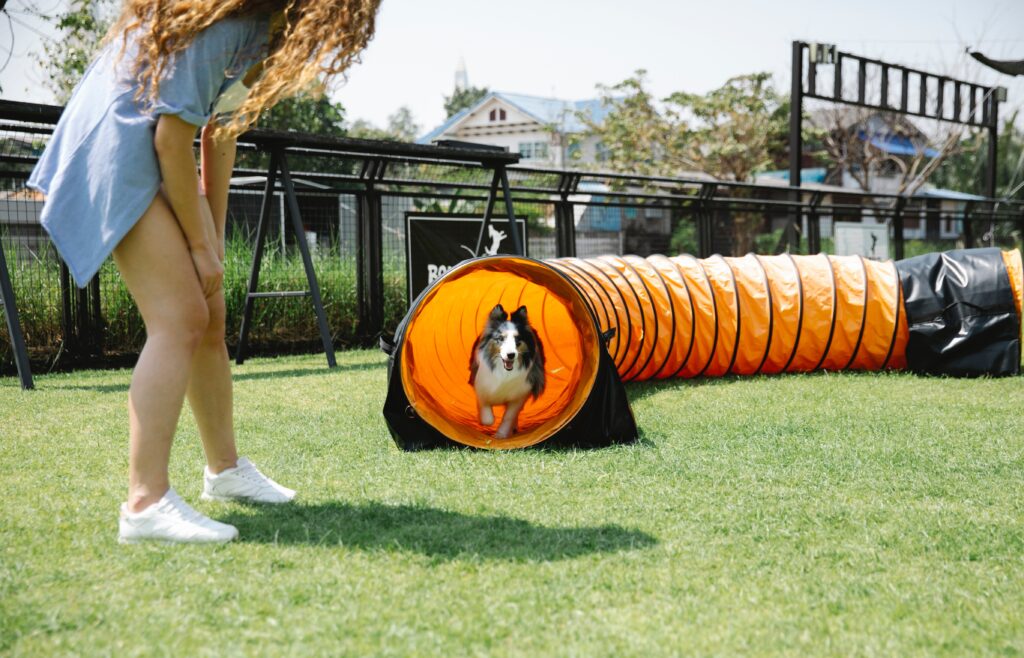
Annual Booster Vaccines for Continued Protection
Annual booster vaccines help maintain your puppy’s immunity throughout their life.
- Regular vet visits to assess your dog’s health
- Review and update vaccination needs yearly
- Ensure protection against preventable diseases
Adjusting the Schedule Based on Individual Factors
Some puppies may require adjustments to their vaccination schedule based on unique factors.
- Breed-specific health issues
- Pre-existing medical conditions
- Exposure to specific environments or risks
The Role of Open Communication with Your Veterinarian
Open communication with your veterinarian is vital for determining the best vaccination schedule for your puppy.
- Inform your vet about your puppy’s history
- Share any concerns or questions
- Follow your vet’s advice for optimal protection
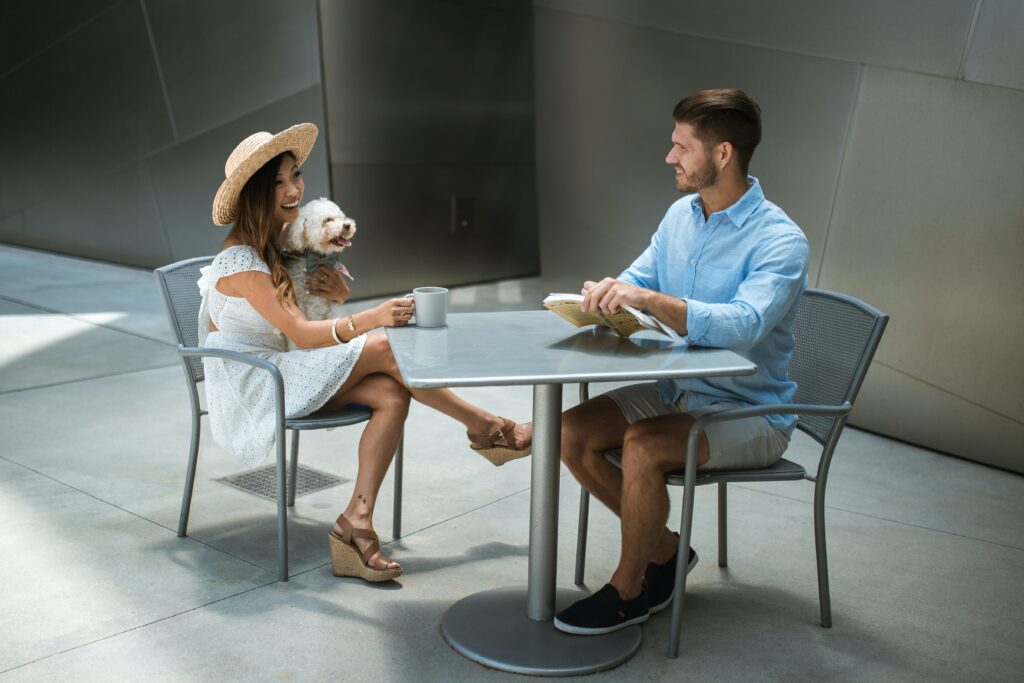
Common Side Effects and What to Expect After Your Puppy’s Vaccination
Mild Side Effects Following Puppy Vaccination
Mild side effects are common after vaccination, but usually subside within a day or two.
- Sleepiness or lethargy
- Mild fever
- Reduced appetite
- Swelling at the injection site
More Serious Side Effects to Watch For
Serious side effects are rare, but it’s essential to monitor your puppy closely after vaccination.
- Persistent vomiting or diarrhea
- Difficulty breathing
- Swelling of the face or limbs
- Seizures or collapse
Puppy First Aid for Mild Side Effects
In case of mild side effects, some puppy first aid measures can help provide relief.
- Apply a cold compress to the injection site
- Offer smaller, more frequent meals
- Ensure they have access to clean water
- Provide a quiet, comfortable space for rest
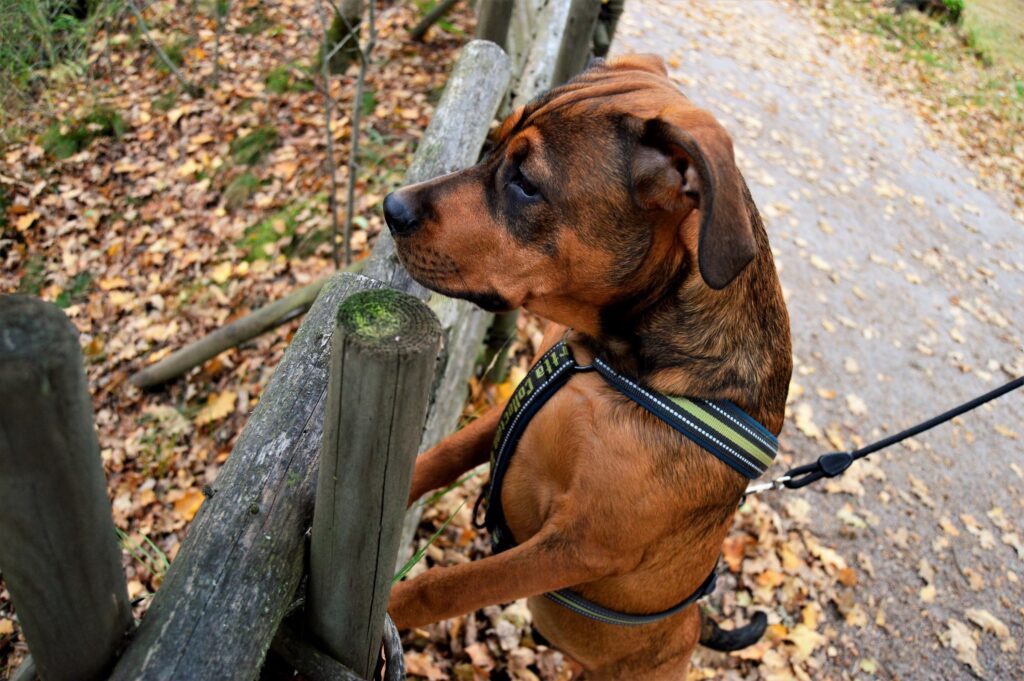
When to Seek Veterinary Assistance
If your puppy exhibits severe side effects, contact your veterinarian immediately.
- Persistent or worsening symptoms
- Difficulty breathing or excessive swelling
- Signs of extreme discomfort or pain
- Unresponsiveness or collapse
Preventing Adverse Reactions with Precautions
Taking certain precautions can help reduce the risk of adverse reactions to vaccinations.
- Inform your vet of any known allergies
- Schedule vaccinations when your puppy is healthy
- Avoid stressing your puppy before vaccination
- Discuss concerns with your veterinarian
The Importance of Monitoring Your Puppy Post-Vaccination
Monitoring your puppy after vaccination ensures timely intervention in case of complications.
- Observe your puppy for 24-48 hours
- Note any changes in behavior or symptoms
- Keep a record of vaccination dates and reactions
- Consult your veterinarian with any concerns

The Role of Titer Testing in Determining Your Puppy’s Vaccination Schedule
What is Titer Testing and Its Purpose
Titer testing is a blood test that measures your puppy’s immunity levels to specific diseases. Veterinarians use titer testing to:
- Assess immunity after vaccination
- Determine if booster shots are necessary
- Identify potential susceptibility to diseases
How Titer Testing Works
The process of titer testing involves checking your puppy’s blood for antibodies.
- Blood sample is drawn from your puppy
- The sample is analyzed in a laboratory
- Results reveal the presence and level of antibodies
- Veterinarian interprets the results to guide vaccination decisions
The Benefits of Titer Testing
Titer testing offers several benefits for your puppy’s vaccination schedule and overall health.
- Reduces over-vaccination risks
- Allows for a customized vaccination plan
- Confirms immunity after vaccinations
- Identifies potential susceptibility to diseases

When to Consider Titer Testing
Titer testing is not always necessary, but it can be beneficial in certain situations.
- Prior to vaccinating adult dogs with unknown vaccination history
- After completing the initial puppy vaccination series
- If concerned about over-vaccination risks
- When adopting or rescuing a dog with an uncertain medical background
Titer Testing Limitations
Though titer testing offers valuable insights, it also has some limitations.
- May not be suitable for all diseases
- Antibody levels don’t always correlate with immunity
- Some vaccines may not have established titer standards
- Titer testing can be more expensive than vaccinations
Discussing Titer Testing with Your Veterinarian
Consulting with your veterinarian about titer testing is crucial for informed decision-making.
- Share your concerns about over-vaccination
- Discuss your puppy’s individual risks

Tips for Preparing Your Puppy for a Stress-Free Vaccination Experience
Tips for Preparing Your Puppy for a Stress-Free Vaccination Experience
Ensuring a positive vaccination experience for your puppy is crucial. Here are some tips to help:
- Gradually expose your puppy to new environments and people
- Practice gentle restraint techniques at home
- Bring your puppy’s favorite toys and treats to the vet
- Ask your vet about calming aids or supplements
The Importance of Socialization
Proper socialization is a key factor in reducing stress during vaccinations.
- Expose your puppy to various sights, sounds, and smells
- Introduce your puppy to other dogs and people
- Attend puppy socialization classes or playgroups
- Provide positive reinforcement for calm behavior
Creating a Comfortable Environment at the Vet
A comfortable environment at the vet can reduce anxiety during vaccinations.
- Visit the vet for non-medical reasons, such as playtime or treats
- Bring a familiar blanket or bed for your puppy to rest on
- Schedule appointments during less busy times
- Choose a vet with a calm, patient demeanor

Developing Trust with Your Veterinarian
Establishing trust between your puppy and veterinarian is essential for a stress-free experience.
- Choose a vet who understands your puppy’s needs and concerns
- Attend regular check-ups to build familiarity
- Communicate openly with your veterinarian about your puppy’s behavior and health
The Role of Positive Reinforcement
Using positive reinforcement during vaccinations can alleviate stress.
- Reward your puppy with praise and treats for calm behavior
- Provide comfort and reassurance during the appointment
- Avoid punishment or scolding during vaccinations
Aftercare and Monitoring Your Puppy Post-Vaccination
Monitoring your puppy after vaccinations is important for a smooth recovery.
- Keep an eye on your puppy for any side effects or unusual behavior
- Provide a quiet and comfortable space for your puppy to rest
- Limit strenuous activities for a day or two post-vaccination
- Contact your veterinarian if you have concerns or notice adverse reactions
In Summary
Creating a stress-free vaccination experience for your puppy involves socialization, trust, and a comfortable environment. By working closely with your veterinarian and utilizing positive reinforcement, you can ensure your puppy’s vaccinations go smoothly and contribute to their overall health and well-being. Remember to monitor your puppy after vaccinations and reach out to your vet if you have any concerns.
Conclusion
We hope this article has provided you with valuable information on the importance of the puppy vaccination schedule. Remember, vaccinations are a crucial aspect of your puppy’s health and well-being, and it’s essential to stay up-to-date on their immunizations.
By understanding the role of titer testing, preparing your puppy for a stress-free vaccination experience, and decoding the difference between core and non-core vaccines, you can ensure your furry friend stays healthy and happy.
If you have any further questions or concerns about your puppy’s vaccination schedule, be sure to consult with your veterinarian. With their guidance and your commitment to your puppy’s health, you can provide them with the best possible start to a long and happy life.